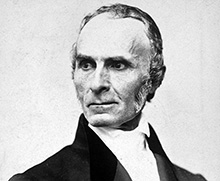After having recently reinstalled Gentoo on my main production machine, I thought I would look into some theming to make things more aesthetically pleasing. I installed a bunch of GTK themes that I ended up not liking, so I got rid of them. I use Openbox with a bunch of LXDE applications installed to ease the process of customisation. One such application is LXappearance. Getting rid of the unwanted themes from the LXappearance menu wasn’t all that difficult. I simply went to /usr/share/themes and removed the respective folders. However, I couldn’t seem to get the unwanted icon themes to go away. If I’m not mistaken, icon themes are usually installed to /usr/share/icons. When I went to manually delete the icon theme folders, however, there were no such directories. Hmmmmmmmm…
Since searching the web didn’t yield any significant results, I thought I would go to the source code and figure out just what happens when one installs an icon theme using LXappearance. In /usr/share/lxappearance there is a script called install-icon-theme.sh, and it contains the following line:
export XDG_DATA_HOME=”$HOME/.local/share”;
That lead me to check that respective directory. Bingo, there were my icon theme folders. I simply deleted the folders, and the respective icon theme choices were no longer present in LXappearance. I was simply excited as it was my first success of the day. 🙂
|:| Zach |:|

